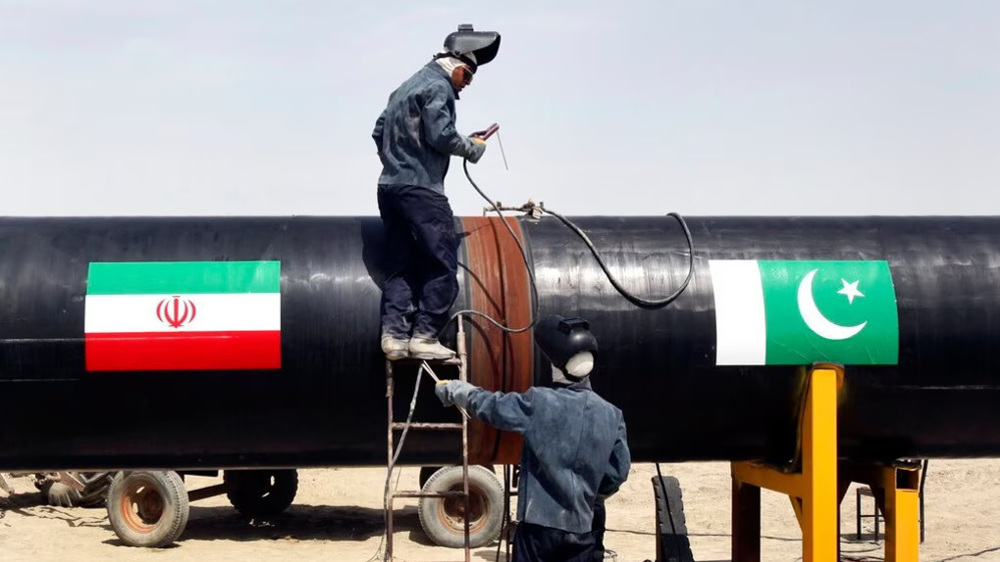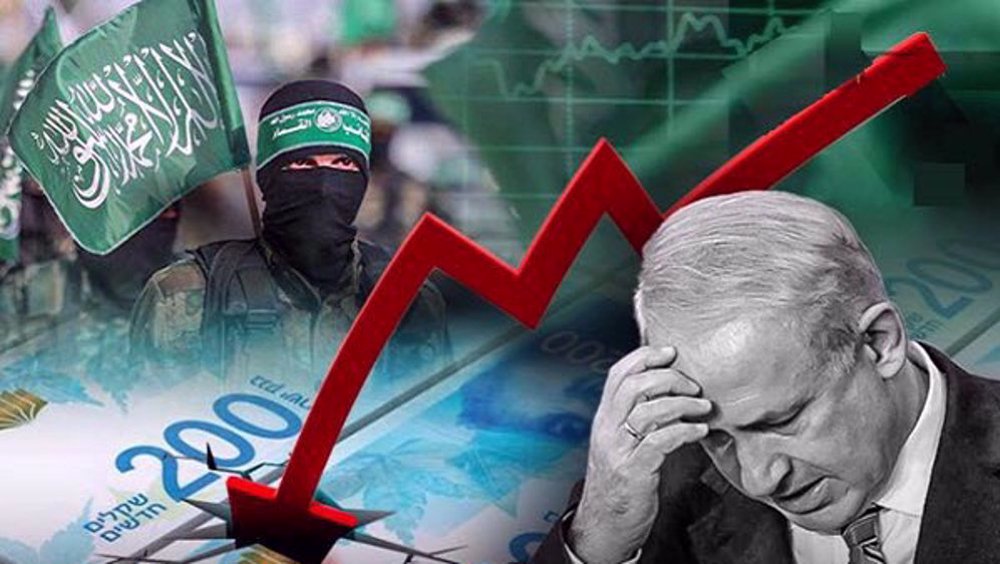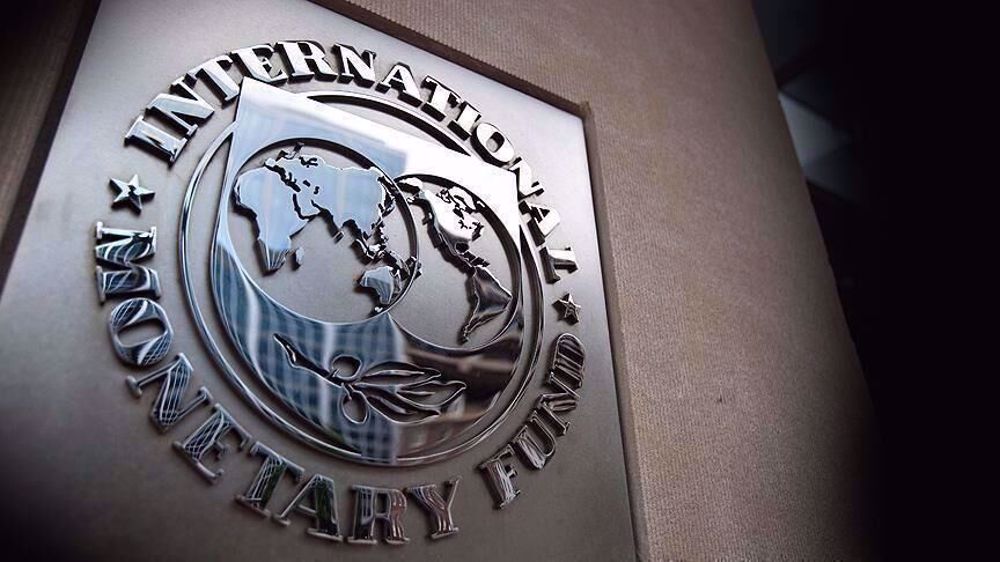OPEC output inches down after November landmark deal
Oil production by the Organization of the Petroleum Exporting Countries (OPEC) fell in December under a landmark deal that seeks to reduce production and boost prices.
OPEC's new monthly report on Wednesday showed that the total output fell by 221,000 barrels per day (bpd) to 33.1 million bpd from November.
The production, however, remained well above levels set under the November 30 deal, the report said.
Several OPEC member states, including Saudi Arabia, Algeria, Ecuador, Gabon, Nigeria, Qatar, the United Arab Emirates (UAE) and Venezuela, have already started reducing production.
According to OPEC, Saudi Arabia is to cut production to 10.1 million bpd, Iraq to 4.4 million bpd, Kuwait to 2.7 million bpd and the UAE to 2.9 million bpd.
OPEC is meant to slash its output ceiling to 32.5 million bpd, effective January 1.
OPEC talks over a proposed plan to cut the output and help boost prices in late November culminated in the deal, which allowed Iran to continue with its oil production at the current capacity, while forcing major cuts on other suppliers. Libya and Nigeria were also exempted from the plan.
Iran can ramp up output to 3.8 million bpd. This makes Tehran able to export crude freely again following the lifting of sanctions under a 2015 deal known as the Joint Comprehensive Plan of Action (JCPOA) with major world powers.
On December 10, OPEC also struck an agreement with countries outside the group, most notably Russia, for them to reduce production by 558,000 bpd.

A monitoring committee charged with tracking adherence to that deal is due to meet in the Austrian capital, Vienna, for the first time on January 22.
The November and December agreements are valid for six months and are extendable for another six months. The deals boosted oil prices by about 20 percent to above $50 per barrel.
OPEC chief Mohammad Sanusi Barkindo recently expressed confidence that the member states would abide by the deal on production cuts in order to shore up prices.
The November agreement was signed after oil prices in world markets plummeted from $100 per barrel in 2014 to almost $30 in January 2016. The plunge in crude prices has been blamed on a glut in the market.
OPEC members are trying to reach a price of $60 per barrel.
Iraqi resistance forces hit Israeli Ovda air base
Hackers break into Israeli military’s computers, access trove of documents
Tulkarm Brigade commander killed by Israeli forces in raid on refugee camp
Zionist media desperately trying to turn Israeli defeat into victory: Iran
VIDEO | Press TV's news headlines
Iran censures US veto of Palestinian request for full UN membership
Over 14,000 kids killed in Israel’s war on Gaza: UNICEF
VIDEO | Iran’s National Army Day marked at the Iranian embassy in Moscow










 This makes it easy to access the Press TV website
This makes it easy to access the Press TV website